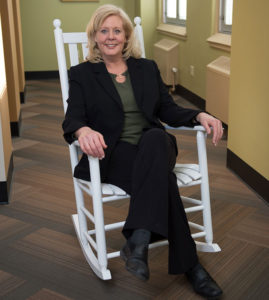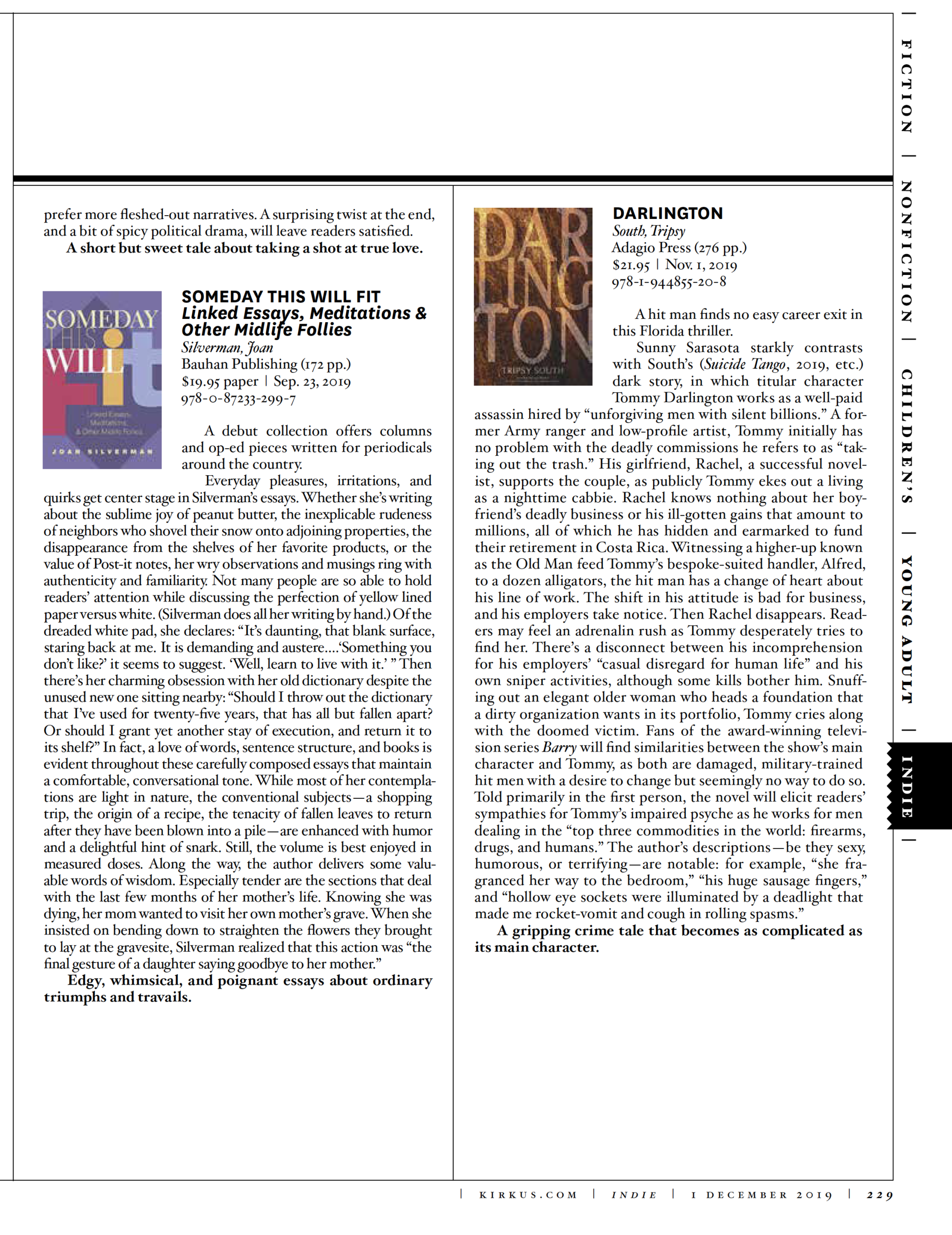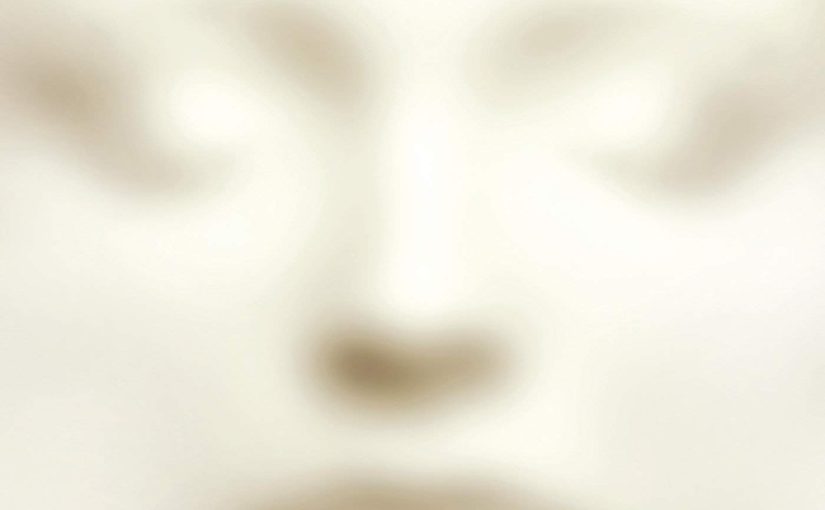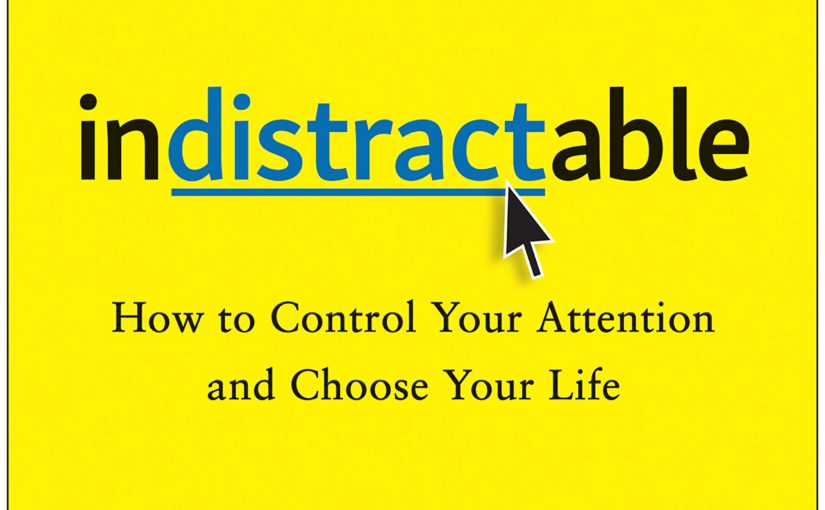 Adagio’s latest book is a remake of the 1928 classic book, PROPAGANDA, by Edward Bernays. It has been lightly edited for clarity and to bring it to more modern convention, plus includes subheadings and shorter paragraphs for easier reading. Now available on Amazon and wherever books are sold. Click here to purchase on Amazon.
Adagio’s latest book is a remake of the 1928 classic book, PROPAGANDA, by Edward Bernays. It has been lightly edited for clarity and to bring it to more modern convention, plus includes subheadings and shorter paragraphs for easier reading. Now available on Amazon and wherever books are sold. Click here to purchase on Amazon.
Author: tripsysouth
Can Intentionally Applied Electromagnetic Fields Cure Diabetes?
This article lovingly taken from Science Daily [Thank you!]:
Researchers from the University of Iowa may have discovered a safe new way to manage blood sugar non-invasively. Exposing diabetic mice to a combination of static electric and magnetic fields for a few hours per day normalizes two major hallmarks of type 2 diabetes, according to new findings published Oct. 6 in Cell Metabolism. Continue reading Can Intentionally Applied Electromagnetic Fields Cure Diabetes?
Being Fun = More Likable?
Shared from Christopher Bergland’s article on PsychologyToday.com:
Countless studies have explored the characteristics associated with likability and popularity within childhood peer groups. Anecdotally, most of us know from real-life experience what tends to make some kids more popular than others.
Surprisingly, until now, “being fun” has been overlooked by most researchers; this characteristic is conspicuously absent from previous research on childhood social status. But a new study found that “some portion of peer status is uniquely derived from the perception that one is fun to be around.” Continue reading Being Fun = More Likable?
Dr. Rene Cross Talks Rocking-Chair Therapy
Great article from the VA, originally published here.
 “The chair helped me control my thinking and emotions.”
“The chair helped me control my thinking and emotions.”
Who says therapy has to be complicated?
Perhaps an effective tool for treatment and recovery could be something as simple as, say … a rocking chair.
Just ask a Marine Veteran who participated in a rocking chair study through the Robley Rex VA Medical Center in Louisville, Kentucky. At the time, he was in recovery from a serious addiction to alcohol and drugs, including recreational and pain-killing substances. “If it was a pill, I was popping it,” he says. Continue reading Dr. Rene Cross Talks Rocking-Chair Therapy
A Plague in Scotland Birthed the Term F*ck
Scots are famous for a lotta shit: thinkers who actually got stuff done, the Highlands and their ultimate clearances (oops), Edinburgh’s cool library, whisky, wool, haggis and Nessie. Continue reading A Plague in Scotland Birthed the Term F*ck
Create Yourself
Lovingly shared from Gaia.com:
Dr. Joe Dispenza, author of the bestselling “You Are the Placebo,” says, “We’re reality producing machines. Most of us are engaged in reality of cause and effect. We either live in creation, growth, expansion, and joy, or we live in a state of survival and stress. Instead of being a product of our environment, we can embrace the quantum model and begin causing [creating] effects.”
Anyone Can Be Wonder Woman . . . Or Rain Man
An article by Michael Chary, lovingly shared from Gaia.com:
Everyone has an area in life where they excel, but what if you woke up one day and suddenly had a newfound aptitude for a musical instrument, or intrinsic comprehension of complex mathematical equations? While this might sound like the premise of a science fiction novel, it’s actually a documented phenomenon called “Acquired Savant Syndrome,” and it can give subjects amazing abilities.
How is Savant Syndrome Acquired?
Savants are often associated with autism or the autistic subtype, Asperger’s syndrome. It’s common for those on the autistic spectrum to have incongruous gifts when it comes to music, arts, and mathematics.
The term “idiot savant” was originally coined by John Langdon Down, the discoverer of Down Syndrome. Derived from the French word idiot, and the word savoir, meaning “to know.” It was a non-derogatory word for someone with a low IQ, and unusual gifts or abilities such as mathematics. This was soon replaced with the term “autistic savant,” but in reality, only about 50 percent of savants are autistic.
Continue reading Anyone Can Be Wonder Woman . . . Or Rain Man
What Can a Buddhist Monk Teach Us About Panic and the Brain?
Lovingly borrowed from Christopher Bergland’s article in Psychology Today:
Social distancing and “shelter-in-place” mandates can make life during a pandemic seem monastic. Has COVID-19 and the subsequent “stay-at-home” advisories made you feel like a monk? Continue reading What Can a Buddhist Monk Teach Us About Panic and the Brain?
Stanford psychology expert: These are the top 3 things kids need—but most parents fail to provide
Reprinted from CNBC.com.
If you want to raise highly successful and “indistractable” kids, these are the three most important psychological nutrients that need to be met:
My Novel DARLINGTON featured in Kirkus Reviews, December 2019
Got an email from Kirkus today:
“I hope this email finds you well. I am writing to let you know that DARLINGTON was selected by our Indie editors to be included in the 12/1 issue of Kirkus Reviews. Congratulations on the feature! Less than 10% of Indie authors are selected for this.”









